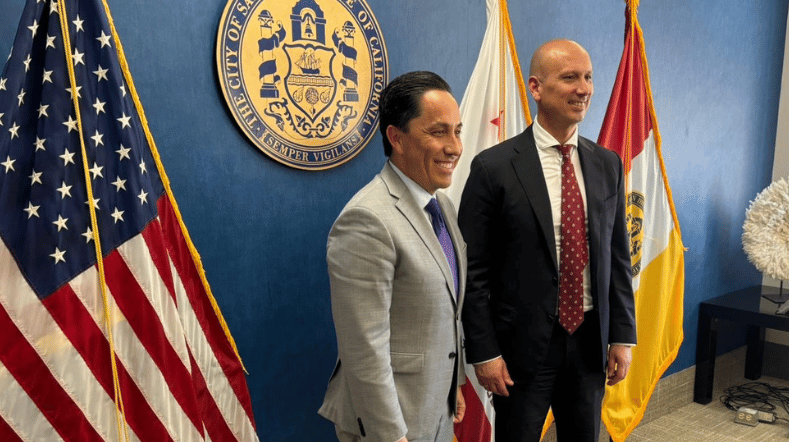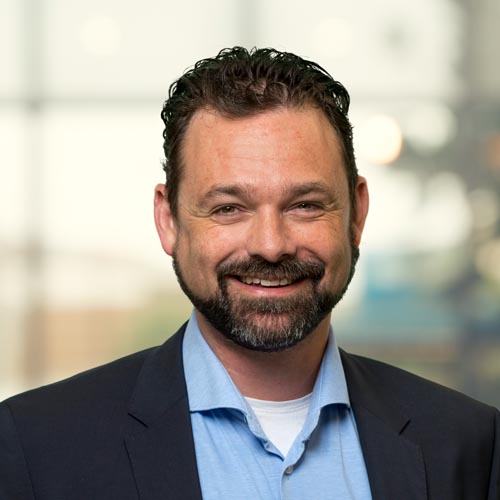
TNO signs MoU with leading Korean knowledge institutes to accelerate the development of smart cities
Dutch national research institute TNO has joined forces with the three leading Korean knowledge institutes KAIST, KRIHS and The Seoul Institute, to come to a closer cooperation in the field of smart city development between the Netherlands and Korea.
On March 14, Martijn Stamm, Market Director at TNO Traffic & Transport, has signed a Memorandum of Understanding (MoU) with KAIST, KRIHS and The Seoul Institute. The MoU refers to the Memorandum of Understanding concluded between the Ministry of Land, Infrastructure and Transport (MOLIT) of the Republic of Korea and the Ministry of the Interior and Kingdom relations (BZK) of the Netherlands, aimed at cooperation in the field of smart city development. The Dutch and Korean institutes will collaborate closely on the transition in E-mobility and the development of new mobility concepts, digital infrastructure, and intelligent transport systems. Furthermore, the partnership entails the use of decision support tooling for strategic urbanization, inclusivity and equality in urban planning and design, and safe and sustainable city growth.
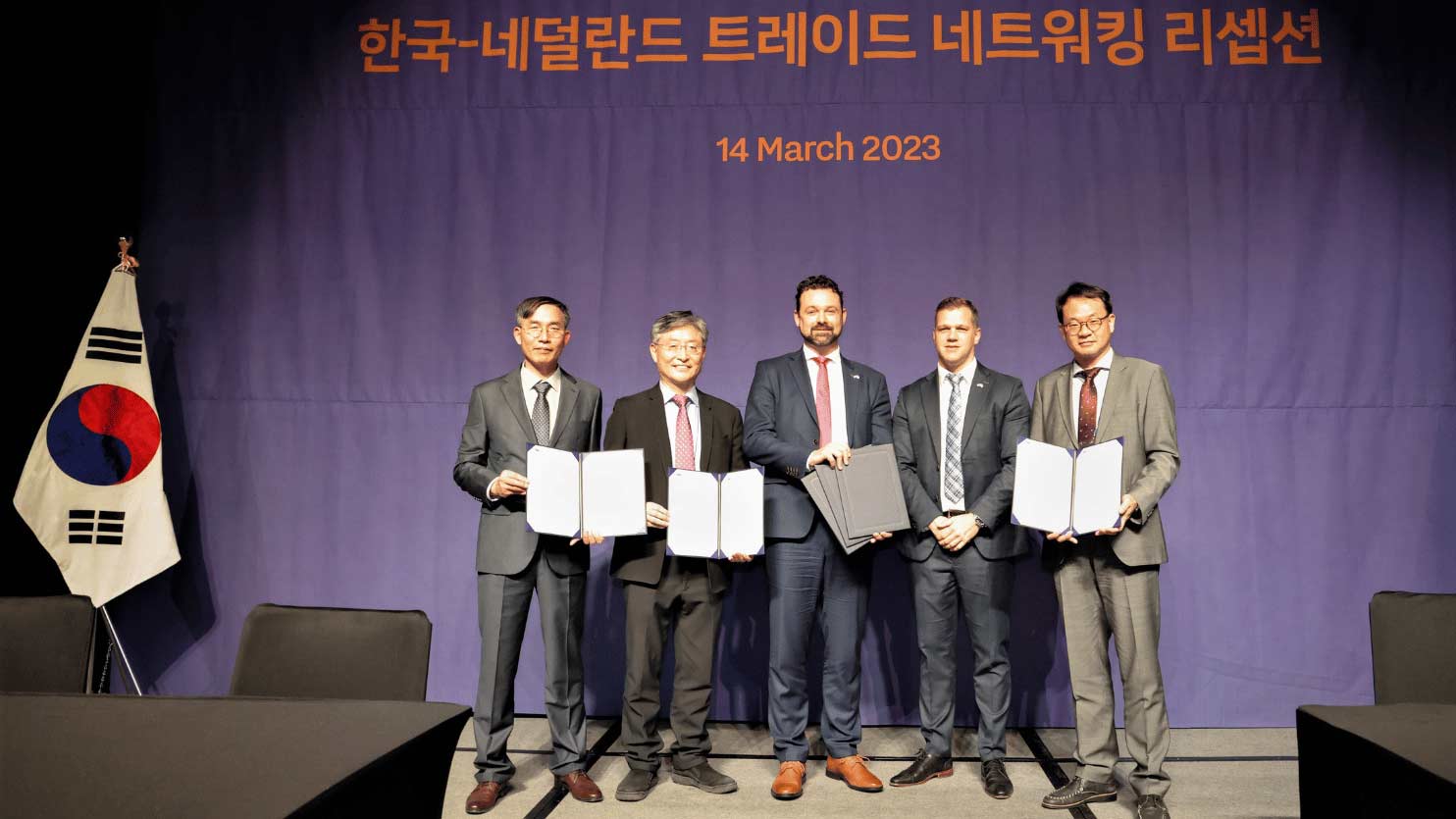
Left to right: Dr. Gyeong-Sang Yoo (Seoul Institute), Dr. Sang Keon Lee (Korea Research Institute for Human Settlements), Martijn Stamm (TNO Traffic & Transport), Ronnie van Munster (TNO Asia Pacific Traffic & Transport), Gyechun Cho (The Korea Advanced Institute of Science and Technology)
Close academic and research collaboration
Ronnie van Munster, Regional Director Asia Pacific at TNO: “As a national research institute, TNO’s primary goal is to accelerate and future-proof our knowledge position and that of our partners in line with global trends and transitions. The Republic of Korea is faced with urbanization challenges very similar to ours. Urbanization, rising prosperity, and population growth, have increased the pressure on urban mobility, sustainability, housing, social cohesion and liveability. Therefore we seek collaboration with likeminded Korean organizations that recognize the urgency to innovate. Together we bring in complementary expertise and provide promising opportunities for collaboration. With our common interests in liveability and sustainability, we aim for a closer academic and research collaboration between Korea and the Netherlands, to accelerate the development of smart cities.’’
Enhancing digital twin technology
Jeroen Borst, Cluster Manager Societal Impact for Accessibility and Liveability at TNO: “Over the past decades, TNO has built and optimized Digital Twin technology for urban planning. Our Urban Strategy platform provides instant insights in the consequences of governmental policies and the interdependence of different domains. I see great overlap in the challenges in Korea and the Netherlands in the fields of housing, quality of the living environment, sustainability and transportation. We have identified many opportunities to exchange knowledge and to jointly apply and enhance Digital Twin technology. Working together with leading institutes helps us to develop world class knowledge and instruments to address these challenges in Korea and the Netherlands.”
About the MoU partners:
TNO is an independent and not for profit applied research institute founded by Dutch law in 1932. With over 3,600 professionals TNO connects people and knowledge to create innovations that boost the sustainable competitive strength of industry and well-being of society. As a pre-competitive organization, TNO works with public, academic and private organization globally. TNO is also a designated knowledge partner for public authorities in performing legal tasks.
KAIST, the Korea Advanced Institute of Science and Technology, was established by the Korean government in 1971 as the nation's first public, research-oriented science and engineering institution, and is considered to be one of the most prestigious universities in Korea.
KRIHS is a national research institute, established in 1978 to address spatial policy issues of Korea. KRIHS undertakes comprehensive research activities regarding the efficient use, development and conservation of the territorial resources, thus, contributing to the balanced development of the country and the enhancement of the quality of people’s life.
The Seoul Institute was established in 1992 to improve municipal administration, enhance the quality of life of Seoul citizens, and reinforce the competitiveness of the city by setting a medium- and long-term vision of the Seoul Metropolitan Government (SMG). Professional research focuses on city planning, transportation, safety and the environment.
Get inspired
Don't jump on every innovation bandwagon: TNO's framework to help cities make smarter mobility choices
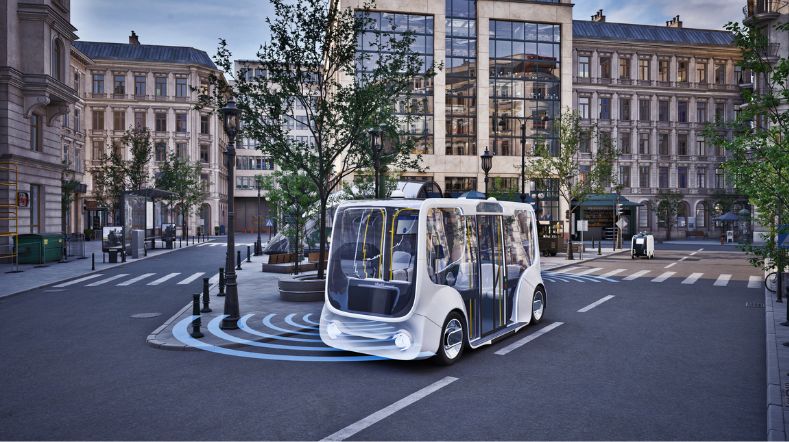

Urban space


Zero emission urban mobility


How governments can make MaaS work to societal goals
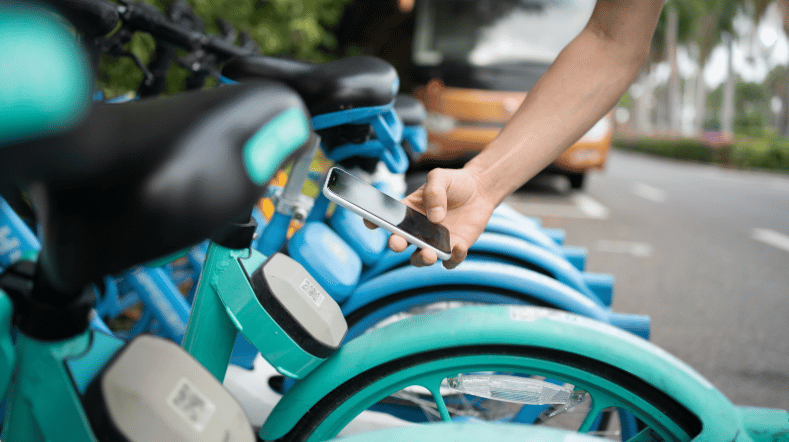

With Urban Strategy, TNO connects with innovative U.S. West Coast in San Diego
